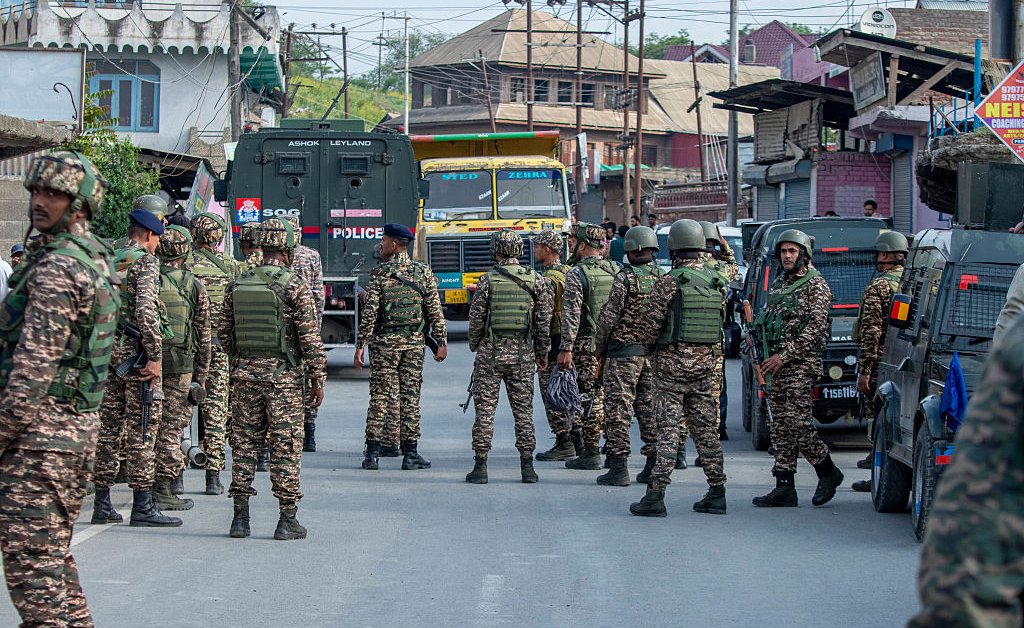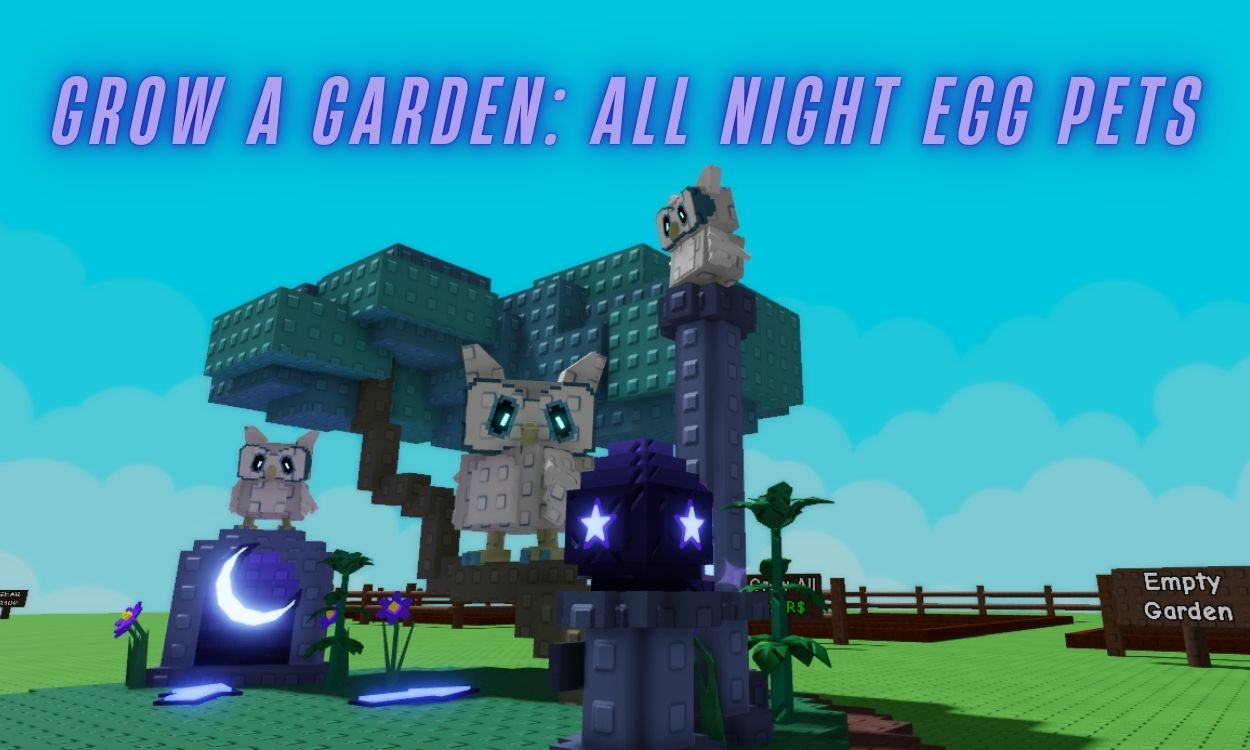Understanding The Kashmir Conflict: A Timeline Of India And Pakistan's History

Welcome to your ultimate source for breaking news, trending updates, and in-depth stories from around the world. Whether it's politics, technology, entertainment, sports, or lifestyle, we bring you real-time updates that keep you informed and ahead of the curve.
Our team works tirelessly to ensure you never miss a moment. From the latest developments in global events to the most talked-about topics on social media, our news platform is designed to deliver accurate and timely information, all in one place.
Stay in the know and join thousands of readers who trust us for reliable, up-to-date content. Explore our expertly curated articles and dive deeper into the stories that matter to you. Visit Best Website now and be part of the conversation. Don't miss out on the headlines that shape our world!
Table of Contents
Understanding the Kashmir Conflict: A Timeline of India and Pakistan's History
The Kashmir conflict, a decades-long dispute between India and Pakistan, is a complex and deeply rooted issue with far-reaching consequences. Understanding its origins and evolution requires examining a tangled history of political maneuvering, ethnic tensions, and religious divides. This timeline offers a crucial overview, tracing the key events that have shaped this enduring struggle.
Pre-Partition (Before 1947): A Seed of Discord
The seeds of the Kashmir conflict were sown long before the partition of India in 1947. The region, known for its breathtaking beauty and strategic location, was a princely state ruled by Maharaja Hari Singh, a Hindu ruler governing a predominantly Muslim population. This inherent demographic imbalance laid the groundwork for future conflict. While the Maharaja enjoyed autonomy under British rule, the looming independence created an atmosphere of uncertainty and escalating anxieties among various groups.
1947: Partition and the First War
The partition of India and the creation of Pakistan in 1947 plunged the region into chaos. Following the partition, tribal militias from Pakistan's Northwest Frontier Province invaded Jammu and Kashmir, aiming to seize the territory. Maharaja Hari Singh, initially hesitant to join either India or Pakistan, ultimately acceded to India in exchange for military assistance. This accession triggered the first Indo-Pakistani War (1947-1949), solidifying the division of Kashmir between Indian-administered Jammu and Kashmir and Pakistan-administered Azad Kashmir and Gilgit-Baltistan. A ceasefire line, later known as the Line of Control (LoC), was established but never formally recognized as a border.
1965 War: Escalation of Tensions
The 1965 war, fueled by cross-border infiltration and escalating tensions, further entrenched the conflict. Although neither side achieved a decisive victory, the conflict solidified the existing territorial divisions and hardened the positions of both nations. This war demonstrated the volatile nature of the Kashmir issue and its potential to escalate into large-scale armed conflict.
1971 War and the Shimla Agreement:
The 1971 war, primarily fought over East Pakistan (now Bangladesh), had indirect implications for Kashmir. The Shimla Agreement, signed between India and Pakistan after the war, attempted to de-escalate tensions and establish a framework for peaceful resolution, however, the core issue of Kashmir remained unresolved.
1980s-1990s: The Rise of Militancy
The late 1980s and 1990s witnessed a significant escalation in the conflict with the rise of various militant groups fighting for Kashmiri independence or accession to Pakistan. This period saw increased violence, human rights abuses, and a significant military presence in the region. This era remains deeply controversial, with varying narratives surrounding the role of Pakistan in supporting these groups.
2000s-Present: A Tense Status Quo
Despite several attempts at dialogue and peace initiatives, including the Lahore Declaration (1999) and subsequent talks, the Kashmir issue remains a major point of contention. The LoC remains a highly militarized zone, and sporadic clashes continue. Recent events, such as the revocation of Article 370 in 2019 by India, have further complicated the situation, sparking international concern and renewed calls for dialogue.
The Future of Kashmir:
The future of Kashmir remains uncertain. Finding a lasting solution requires addressing the underlying issues of self-determination, human rights, and the security concerns of both India and Pakistan. Open dialogue, international mediation, and a commitment to peaceful resolution are crucial for navigating this complex and sensitive issue. Ignoring the historical context and the deeply held aspirations of the Kashmiri people will only prolong the suffering and instability in the region. Further research into the various perspectives and detailed accounts from different stakeholders is crucial for a comprehensive understanding. This requires accessing reliable sources and academic analyses to get a balanced view of this intricate issue.
Keywords: Kashmir conflict, India, Pakistan, Line of Control (LoC), Indo-Pakistani War, partition of India, Jammu and Kashmir, Azad Kashmir, Gilgit-Baltistan, militancy, Article 370, Shimla Agreement, Kashmiri independence.

Thank you for visiting our website, your trusted source for the latest updates and in-depth coverage on Understanding The Kashmir Conflict: A Timeline Of India And Pakistan's History. We're committed to keeping you informed with timely and accurate information to meet your curiosity and needs.
If you have any questions, suggestions, or feedback, we'd love to hear from you. Your insights are valuable to us and help us improve to serve you better. Feel free to reach out through our contact page.
Don't forget to bookmark our website and check back regularly for the latest headlines and trending topics. See you next time, and thank you for being part of our growing community!
Featured Posts
-
 95 Million Siri Privacy Settlement File Your Claim Now
May 10, 2025
95 Million Siri Privacy Settlement File Your Claim Now
May 10, 2025 -
 Times Most Influential People Of 2025 A Comprehensive Analysis
May 10, 2025
Times Most Influential People Of 2025 A Comprehensive Analysis
May 10, 2025 -
 Apple Facing Lawsuit Did Siri Violate Your Privacy 2014 2024
May 10, 2025
Apple Facing Lawsuit Did Siri Violate Your Privacy 2014 2024
May 10, 2025 -
 All Night Egg Pets Complete Grow A Garden Lunar Update Guide
May 10, 2025
All Night Egg Pets Complete Grow A Garden Lunar Update Guide
May 10, 2025 -
 Premier League Live Follow Bournemouth Vs Aston Villa With Score Radio And Updates
May 10, 2025
Premier League Live Follow Bournemouth Vs Aston Villa With Score Radio And Updates
May 10, 2025
